Cheap strawberry imports targeted by campaign
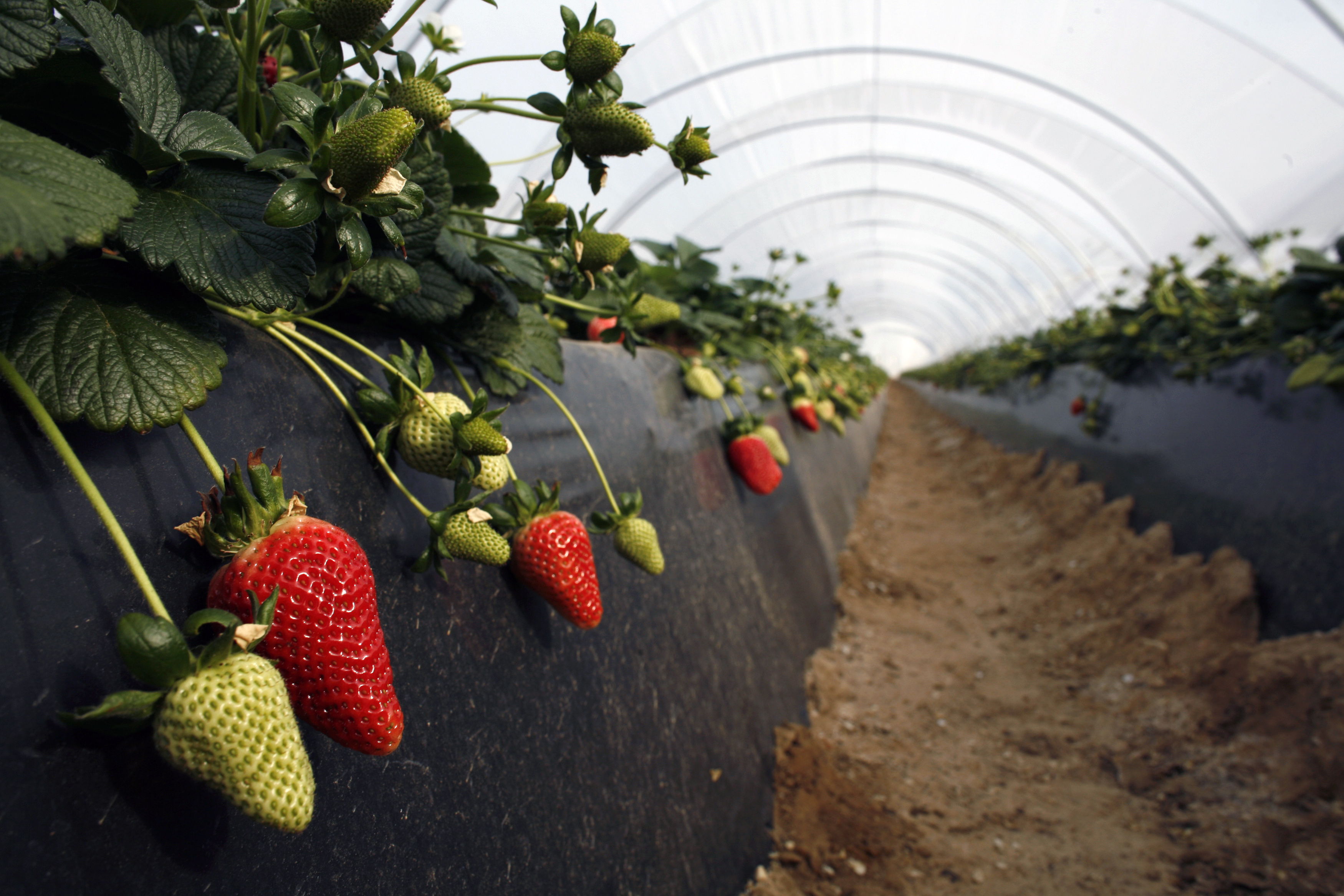
Huge boxes of cut-price juicy strawberries imported from Spain and sold in Swiss supermarkets have been hitting the headlines this week.
Campaigners say it is not the strawberry season and have been drawing attention to the social and environmental impact of such imports.
The Senate will examine five cantonal motions calling for bans on unacceptable imports next week.
Although they are cheap, fruit and vegetables imported from southern Europe hide other costs, argue the Platform for Sustainable Social Agriculture and a coalition of parliamentarians, which together launched a protest campaign outside supermarkets in eight French-speaking cities on Tuesday.
Huge industrial farms in places like Almeria, El Ejido and Huelva in southern Spain or Rosarno in southern Italy employ illegal immigrants mainly from Africa or eastern Europe in “intolerable” conditions, the campaigners claim.
Workers put in up to 14-hour days for low salaries (as little as €20 – SFr29 – per day) and are housed in unsuitable accommodation.
Excessive pump irrigation and the heavy use of fertilisers and pesticides are also having a “catastrophic” environmental impact, the platform states.
“Agriculture is subject to the global marketplace which tends to go where conditions are cheapest to the detriment of the long-term vision of local agriculture,” Philippe Sauvin, the organisation’s secretary, told swissinfo.ch.
Sauvin said although Swiss farmers’ salaries were high for Europe, they were low compared with the Swiss average. He said these kind of cheap imports were putting Swiss farmers under pressure and salaries were being driven downwards.
“We really need to ask ourselves what kind of agriculture we really want and at what price,” he said. “Consumers need to set the tone.”
Bombarded with marketing
Dressed as strawberries, carrots and tomatoes, activists outside Migros and Coop supermarkets on Tuesday urged shoppers to buy seasonal fruit and vegetables produced locally.
Aline Clerc, an agriculture and food specialist at the Consumers’ Association for French-speaking Switzerland, felt it was difficult for shoppers to avoid supermarket campaigns for heavily discounted imported fruit like strawberries.
“The consumer is bombarded by advertising for these cheap products whilst seasonal fruit and vegetables are not highlighted,” she said, adding that shoppers seemed to have “lost all sense” of the seasons.
There seems to be a certain degree of awareness about the issue among young shoppers, like 16-year-old Kevin Marquis from Geneva.
“At school in a geography lesson we watched a programme about strawberries produced in greenhouses in Spain and north Africa, so I try to pay attention,” he told the Tribune de Genève newspaper.
But the vast majority of consumers are not aware and just follow what’s on offer, said Sauvin.
Problem solved?
The campaign is taking place as the Senate Economic Committee prepares to examine five motions by cantonal parliaments from western Switzerland (Geneva, Vaud, Fribourg, Neuchâtel and Jura) calling for imported foodstuffs considered unacceptable to be either banned or at least properly labelled.
But the major Swiss supermarket chains Migros or Coop say these kinds of initiative do not make much sense and the problem is being solved.
They reject the campaigners’ arguments and say their producers and suppliers from places like southern Europe have to comply with very strict standards governing social and environmental production conditions, in particular the GlobalGap, GRASP and BSCI labels.
But Sauvin said this private labelling system was purely cosmetic, intended to dilute the problem and to weaken rules that should be written into national laws and international conventions controlled by states.
Benno Huber, a major strawberry producer from canton Valais, said people should not be too hard on the supermarkets, which are active on behalf of local products.
“When our strawberries appear on the market the big chains cut their imports to sell our products, at least in Valais,” he told the Le Nouvelliste newspaper.
The problem is an international one, he said, where globalisation imposes frenetic competition between producers and smashes borders while ignoring the social costs.
“The day Switzerland joins Europe you can say goodbye to Swiss farming, particularly specialised products,” he added.
Simon Bradley, swissinfo.ch
According to the Federal Customs Office, Switzerland imported over 13,000 tons of strawberries last year – a record amount.
Over the nine previous years the annual figure varied between 10-12,000 tons.
Since 2008 over half of all imported strawberries have come from Spain.
In 2009 over 7,000 tons of Spanish strawberries were sold in Switzerland. Prior to that most came from Italy.
Swiss strawberries usually appear at the end of May. According to the Swiss Fruit Union, 5,400 tons were gathered in 2008.

In compliance with the JTI standards
More: SWI swissinfo.ch certified by the Journalism Trust Initiative

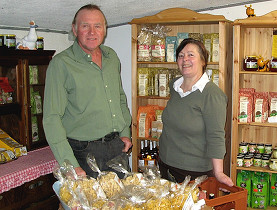
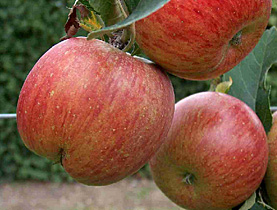
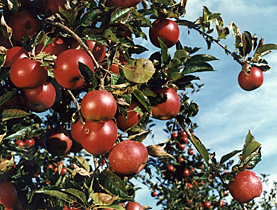
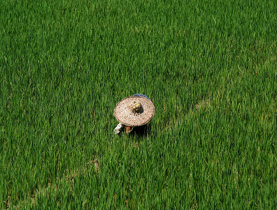
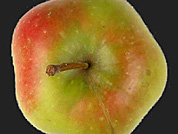
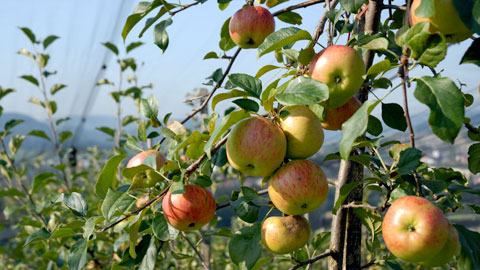
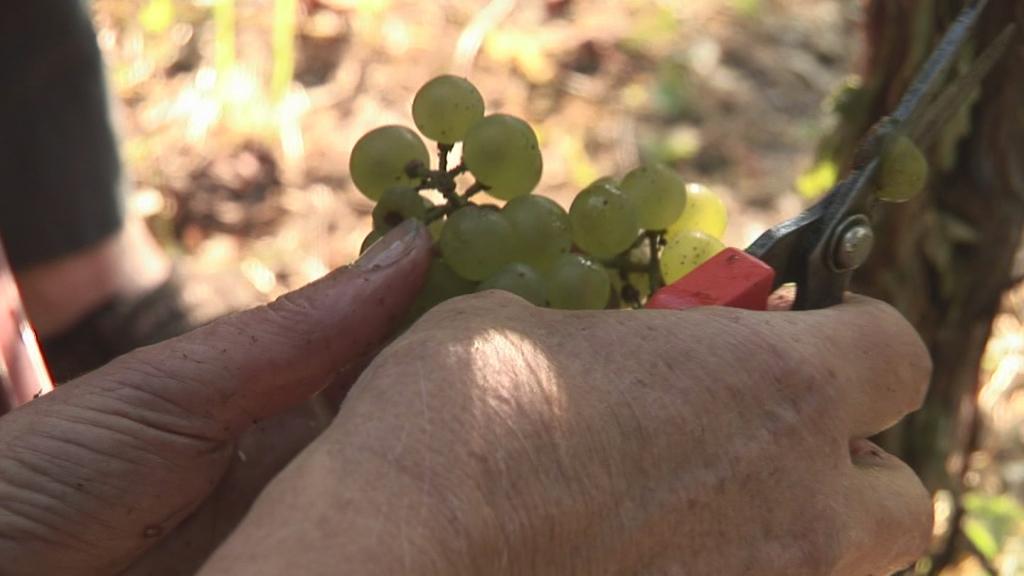
You can find an overview of ongoing debates with our journalists here . Please join us!
If you want to start a conversation about a topic raised in this article or want to report factual errors, email us at english@swissinfo.ch.